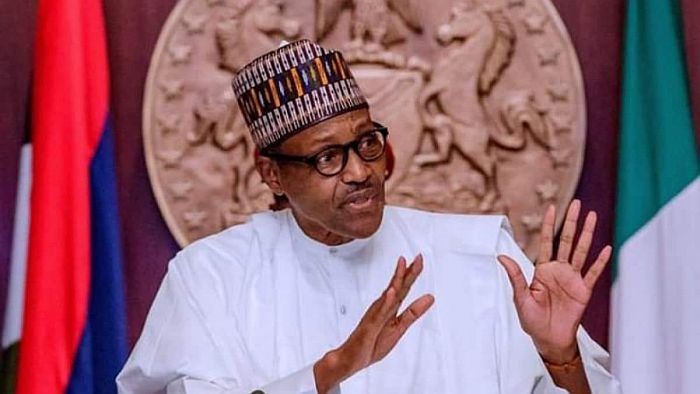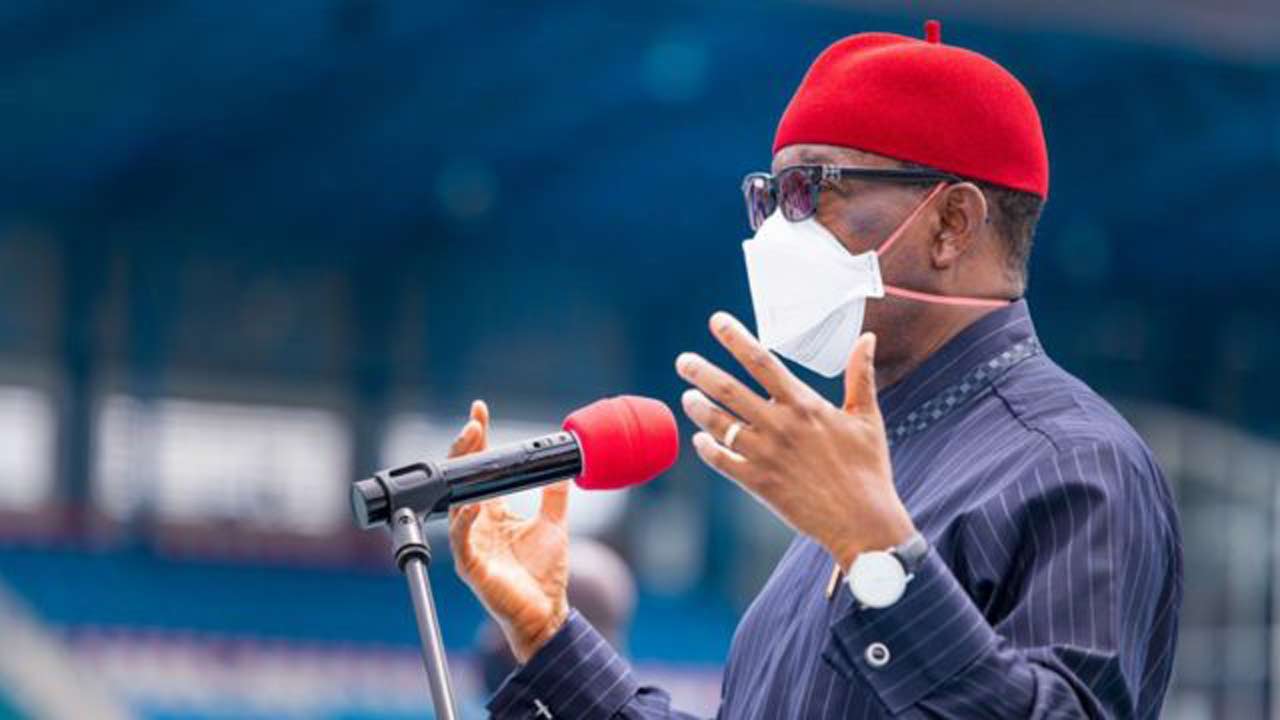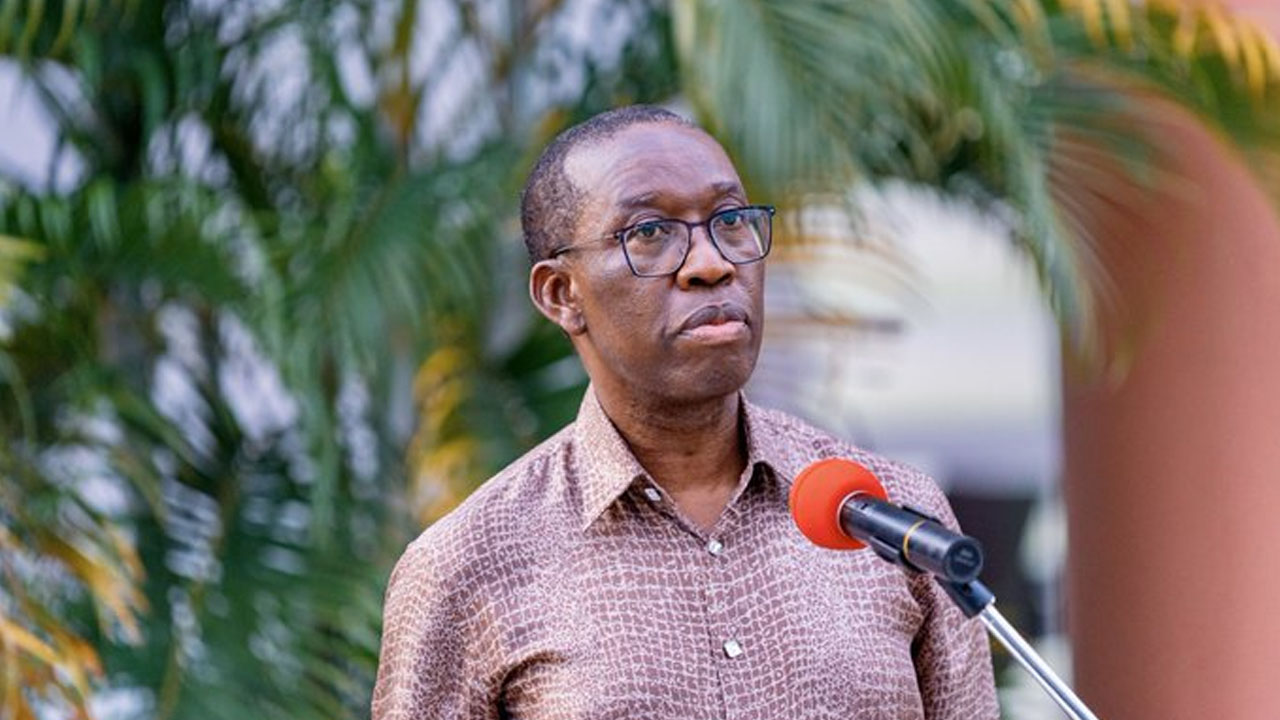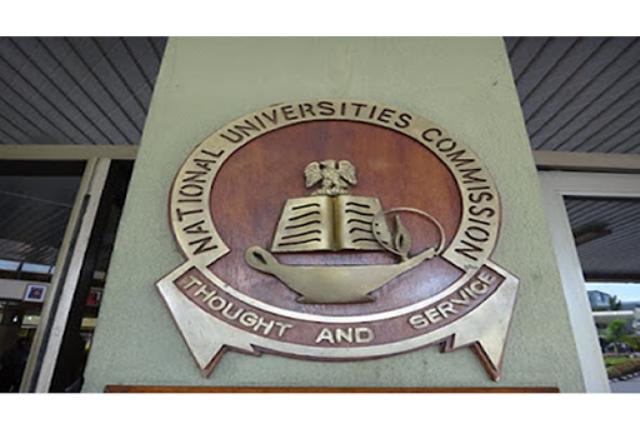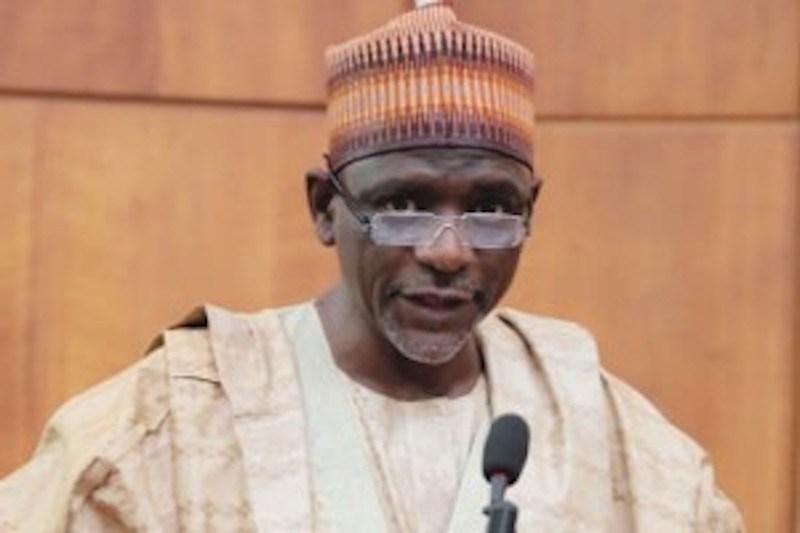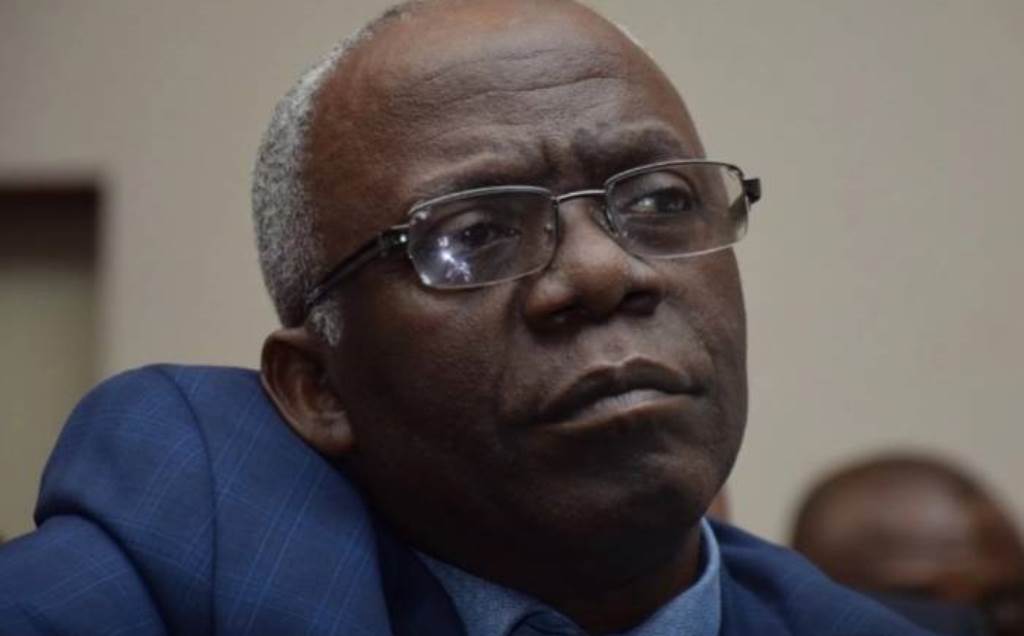The Federal Government says it will continue to ensure that universities remain places of scholarship and innovation and not theatres of conflict.
President Muhammadu Buhari gave the assurance on Thursday at the Day Three of the 51st (2019) convocation ceremony of the University of Lagos.
The Day Three of the ceremony was for award of doctorate degree, honorary degree and prizes.
A total of 148 of the graduating students from various faculties were awarded Doctor of Philosophy (PhD at the ceremony.
Buhari was represented at the occasion by the Executive Secretary of National Universities Commission (NUC), Prof. Abubakar Rasheed.
According to the president, the commitment is the reason for his recent approval of visitation panels to all federal universities and inter-university centres.
He noted that the visitation panels were to ascertain the performances of the institutions and their requirements.
The president said that the panels would soon submit their reports and that the Federal Government would swiftly come up with a position on their recommendations.
”In other words, government is committed to the full implementation of all acceptable recommendations of the visitation panels.
”I am delighted to be a part of this convocation ceremony.
“I am aware that this ceremony should have been held in 2019 but for unforeseen developments in the university.
”We hold our universities in high esteem and we believe that a healthy university system will translate to a healthy society and positive national development,” he said.
He said that the country recognised the place of its intellectuals to undertake cutting-edge research that would address its existential realities and contribute to making life better for all.
”We acknowledge that our progress as a nation will be driven by a well-educated human resource base.
”That is why we shall continue to take necessary steps to ensure that our universities are crisis-free and provided with adequate resources,” he said.
According to him, the present administration will also continue to interface with all stakeholders to ensure a stable higher education system.
He said that the system would not only be well-funded, but would also contribute to global competitiveness.
”I want to commend this university for its tenacity in the midst of the challenges of the recent past, which has made it possible for us to celebrate with the graduands and other awardees on this occasion,” Buhari said.
He said that in spite of the pains brought by COVID-19 pandemic, the experience had turned out to be the nation’s launch-pad into innovative approaches.
According to him, the pain opened new avenues for teaching and learning.
The president said that through the guidance of NUC, the Federal Government had introduced entrepreneurship initiatives in all Nigerian universities.
He said that his administration had supported productive initiatives through various interventions from the Tertiary Education Trust Fund and the Bank of Industry.
”I have heard of testimonies and success stories from staff and students of this university on the utilisation of these opportunities, and we are keen on providing more support in this regard.
”As the Visitor to the university, I cannot but recollect the recent council/management crisis of 2020.
”I commend the senate of the university for its maturity and decision to send a delegation to me on the matter.
”As it became obvious, I heard your voice loud and clear,” the president said.
He noted that the Federal Government consequently set up a special visitation panel to investigate the crisis.
”The recommendations of the panel were implemented to restore peace to the university.
”Part of this restoration process necessitated the appointment of a new governing council for the university, under the chairmanship of Sen. Lanre Tejuosu,” he said.
The president urged all stakeholders within and outside the university to do everything within the law to ensure peace on the campus at all times.
He said that such would ensure nation-building and problem-solving.
Congratulating the graduands, the president said the country was in dire need of services of highly-trained manpower.
”It is therefore gratifying that you are helping to meet that need,” he said.
According to him, those who are receiving Doctor of Philosophy are doing so at a time of emphasis on that degree as the basic requirement for the position of a lecturer in the country’s universities.
”You will also find that with the establishment of several new public universities by this administration and the approval of scores of private ones, opportunities for employment have been significantly enhanced.
”I congratulate our young men and women, who have received their first degees earlier in the week, for surviving the obstacles, hardships and all manner of discouragement.
”You needed focus, patience, perseverance and personal sacrifices to attain your goals.
”You will require these virtues and commitment to overcome the challenges of life, and I am confident that you will all be overcomers in the end.”
Buhari also congratulated those receiving post-graduate degrees.
“You have faced similar challenges and you have come out victorious.
”As you go into the world with your newly-acquired knowledge and skills, let me assure you of this administration’s commitment to providing you with the necessary opportunities for productive and profitable engagements.
”The competencies you have developed should be consciously deployed to the noble cause of national development.
“Nigeria needs you, and I am sure you will not let her down,” the president added.
Earlier, the Chancellor of the university and Shehu of Borno, Alhaji Abubakar Ibn Umar Garbai El-Kanemi, lauded the institution for commitment to the production of manpower needed for the development of the country.
He urged the institution’s senate not to relent in ensuring peace and stability in the university.
He said that peace remained an essential tool for teaching and learning and overall national development.
The Pro-Chancellor of the university, Dr Lanre Tejuoso, praised the Vice-Chancellor of the institution, Prof. Oluwatoyin Ogundipe, for commitment to moving the university forward.
”I have listened and watched him closely.
“His vision for the university and his activities are headed toward ensuring that students and staff are given the opportunities and resources to compete globally,” Tejuoso said.
He said that Ogundipe’s leadership style had endeared him to the hearts of the university’s staff and students.
Tejuosho assured the university community of his commitment to creating the environment required to realise the gains of his agenda which he entitled 1C for 3C, meaning: One Council for Corporation, Creativity and Consolidation.
In his address, the Vice-Chancellor, Ogundipe, said that the university’s management, with the support of members of staff, students and alumni, had worked closely to open new grounds.
He said that the university had expanded frontiers in the areas of infrastructure, improved teaching methods, research, innovation and community service.
The highpoint of the event was awards of honorary degree to four eminient Nigerians including the late Dr Stella Ameyo-Adadevoh, Lead Consultant Physician and Endocrinologist, First Consultant Hospital, who saved Nigeria from Ebola virus.
The others are Dr Biodun Sobanjo, Alhaji Mohammadu Indimi and Dr Kensington Adebutu.
The university also confered a posthumous emeritus professorship on its late former vice-chancellor, Prof. Oyewusi Ibidapo-Obe.
Ogundipe had said that the awardees were being honoured for their roles in national development.
